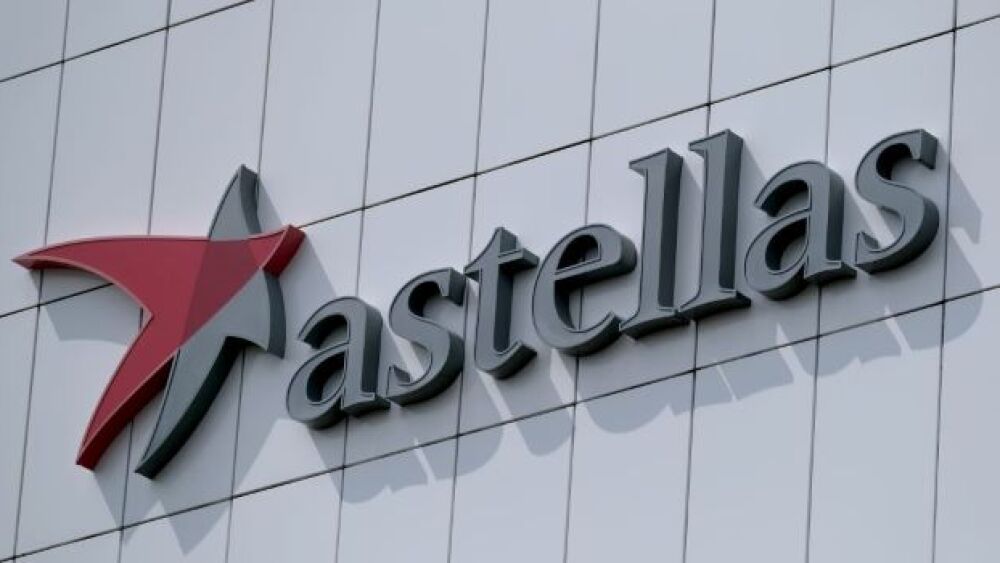The FDA has placed Astellas Pharma’s Phase I/II FORTIS trial on clinical hold after one of its study participants experienced a serious adverse event.
Courtesy of Yuriko Nakao/Getty Images
The U.S. Food and Drug Administration has placed Astellas‘s Phase I/II FORTIS trial on clinical hold after one of its study participants experienced a serious adverse event (SAE).
The study, which is evaluating the investigational adeno-associated virus gene replacement therapy AT845 in adults with late-onset Pompe disease, reported peripheral sensory neuropathy in one of the patients. The SAE was classified as Grade 1, or mild in severity, but it was considered serious because it is medically significant.
AT845 is a gene replacement therapy that uses an AAV8 vector to deliver a functional copy of the acid alpha-glucosidase (GAA) gene to treat late-onset Pompe disease. The FDA said it did not have sufficient details to assess the risk of the drug to trial participants, and requires more information regarding the SAE that surfaced. The regulator will send a detailed written explanation for its decision within the next 30 days.
“We remain committed to the safe and effective development of AT845 and will keep the scientific and patient communities informed with updates as we learn more. Patient safety is our top priority, and we are working closely with the FDA to determine appropriate next steps,” Weston Miller, M.D., senior medical director of clinical development at Astellas Gene Therapies, said in a statement.
Astellas also said it is determining if the clinical hold will have a financial impact on its report for the fiscal year ending March 31, 2023.
Pompe disease is a rare autosomal recessive metabolic disorder characterized by progressive muscle degeneration and caused by alpha-glucosidase gene mutations, which prevent the production and kill the function of acid alpha-glucosidase (GAA). GAA metabolizes glycogen, and its absence leads to glycogen accumulation in the cardiac and skeletal muscles and, later, to tissue damage.
This isn’t the first time Astellas has dealt with a serious adverse event in one of its gene therapy trials. In September 2021, a patient that participated in Astellas’ ASPIRO trial for AT132, an investigational drug for x-linked myotubular myopathy, died during the study. The FDA placed the trial on clinical hold after the company, alongside partner Audentes, reported multiple deaths of participants who received the therapy.
The year has been more successful for Astellas outside of the gene therapy space, with several recent positive developments. The latest is the June 24 announcement of a New Drug Application filing for fezolinetant, a selective neurokinin 3 (NK3) receptor antagonist for the treatment of moderate to severe vasomotor symptoms linked with menopause.
Earlier this month, the company celebrated the opening of a new manufacturing facility in Sanford, North Carolina. The 135,000 square-foot standalone structure is intended to broaden Astellas’ clinical and commercial capabilities, particularly for its pipeline of adeno-associated virus products. The site also houses quality control testing facilities. The company is reportedly hiring over 200 people between now and 2026.





